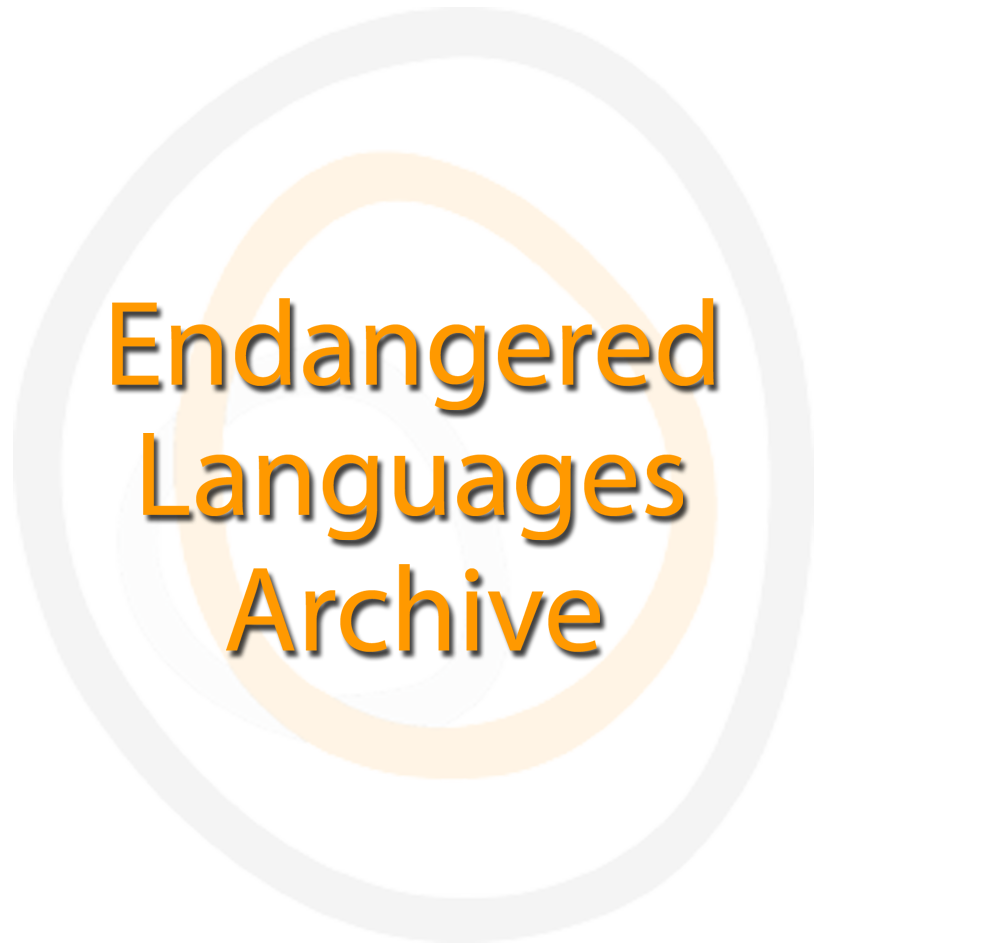Expanding the Documentation and Description of Hupa (Athabaskan)
| Language | Hupa |
| Depositor | Amy Campbell, Lindsey Newbold |
| Affiliation | |
| Location | United States |
| Collection ID | 0186 |
| Grant ID | FTG0162 |
| Funding Body | ELDP |
| Collection Status | Collection online |
| Landing Page Handle | http://hdl.handle.net/2196/61d5f60a-5dfd-433b-9d24-2ebe8947aa57 |
Summary of the collection
With fewer than five first-language speakers remaining, Hupa (Pacific Coast Athabaskan, ISO-639: hup) is a critically endangered language traditionally spoken in Hoopa Valley in Northern California.
Although Hupa morphophonology has been described, very little work has been done on syntax, semantics or discourse phenomena. This collection will contain a complete description of the language through a multimedia text corpus compiled with the aid of a fluent Hupa speaker. The corpus will contain an integrated description of clause structure and interclausal relationships. The materials produced will be accessible through a simple web interface, suitable for use by language learners and linguistic researchers.
Group represented
Hoopa Valley Tribe.
Language information
Hupa was traditionally spoken along the lower Trinity River in Humboldt County, from the lower South Fork to the canyon at the north end of Hoopa Valley. Chilula and Whilkut, considered dialects of Hupa, were spoken by people living along Redwood Creek to the west of Hoopa Valley. In pre-contact times, there were an estimated 1000 speakers of Hupa and around 1000 speakers of Chilula and Whilkut combined (Wallace 1978). Today, there are fewer than a half-dozen first-language speakers of Hupa remaining. The Hoopa Valley Tribe has supported language revitalization efforts since the 1970s and many people have developed a degree of second-language proficiency (Golla 2011).
Acknowledgement and citation
To refer to any data from the collection, please cite as follows:
Campbell, Amy. 2014. Expanding the Documentation and Description of Hupa (Athabaskan). Endangered Languages Archive. Handle: http://hdl.handle.net/2196/00-0000-0000-0002-A9CF-5. Accessed on [insert date here].


